While your GP (General Practitioner) is the doctor you see most regularly, there are some critical differences between a doctor and a GP.
Despite the name, a GP is a specialised doctor. Their specialisation is general practice, which actually requires more training than what it takes to become a doctor.
Here, we'll go through all the steps to becoming a doctor in Ireland and how to specialise so that you can become a GP once you are. You might be surprised at how long it takes to become get a job with "general" in the title!

Secondary Education
Your journey to becoming a GP starts with qualifying as a doctor. However, before you study medicine, your secondary education plays a crucial role. It's the foundation on which your medical career will be built.
In particular, Irish students need to leave secondary education with excellent grades in subjects related to medicine, such as Chemistry, Physics, Biology, and Mathematics.
Medical schools in Ireland primarily consider Leaving Cert results and the Health Professions Admission Test (HPAT) when admitting students.
Leaving Cert
The Irish Leaving Certificate, or the Leaving Cert, is the exam students take at the end of secondary education.
The results of these exams are converted into points by the Central Applications Office (CAO). These CAO Points are integral to every application process, as applications for medical schools are usually only considered for students with very high scores.
Out of a total possible score of 625 CAO points, most medical schools in Ireland expect at least 500 points from a student's Leaving Cert.
This is before we even start taking the HPAT into account.
HPAT-Ireland
The Health Professional Admission Test (HPAT) is a standardised aptitude test for medical school admissions. It is the preferred aptitude test in Ireland for aspiring medical professionals.
It's a test that tests logical reasoning, problem-solving, interpersonal understanding, and non-verbal reasoning.
Like the Leaving Cert, the HPAT is a significant factor in your medical school application. The test assesses your logical reasoning, problem-solving, interpersonal understanding, and non-verbal reasoning. So, it's essential to prepare thoroughly for it.
However, it should be noted that med schools may include minimum thresholds for Leaving Cert CAO points and HPAT CAO points.
The advantage is that less-than-perfect Leaving Cert results can be made up by better HPAT results and vice versa, though students should aim to do excellently on both.
Medical School
There are a few ways into medical school, but we've only examined the option for undergraduates.
We'll cover graduate and international entry later in the article. Still, once you've finished secondary school in Ireland with excellent Leaving Cert and HPAT results, you may get into one of Ireland's six medical schools.
The six medical schools in Ireland are:
- University College Dublin (UCD) - School of Medicine
- Trinity College Dublin (TCD) - School of Medicine
- Royal College of Surgeons in Ireland (RCSI)
- University College Cork (UCC) - School of Medicine
- University of Galway (NUIG) - School of Medicine
- University of Limerick (UL) - Graduate Entry Medical School
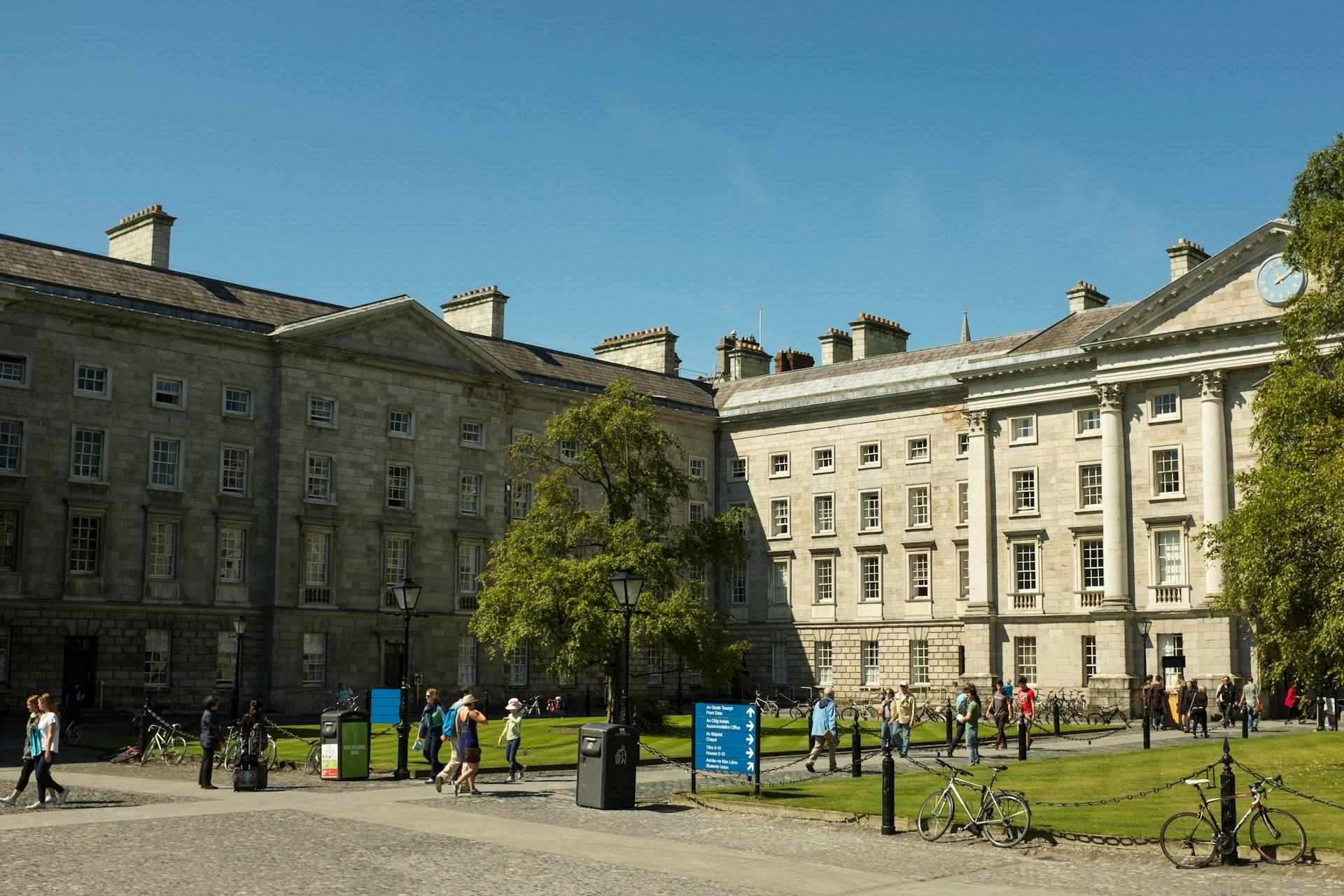
Remember that not all of these are available for undergraduate entry, but it's worth considering them, even if it's just to consider your options.
Typically, a medical degree lasts five or six years for those who apply through the CAO.
The first years of medical degrees are usually more theoretical, with classes and courses on the science underpinning medicine.
Towards the later years of medical school, students will spend more time gaining hands-on clinical experience in medical establishments like hospitals and clinics.
During this time, they can also gain invaluable experience in various specialisations, such as internal medicine, surgery, paediatrics, and obstetrics and gynaecology.
Internship
There's still more to do once a medical student completes their course. Aspiring doctors must complete a one-year internship in a hospital or clinical setting.
Once they complete their internship, they gain full registration with the Medical Council of Ireland and can practice as doctors. However, they still need to complete more training to become GPs.

Specialised GP Training
Like any specialisation in medicine, becoming a GP occurs after completing an undergraduate degree in medicine and a year-long internship.
After your internship, you can apply for a GP training programme. These programmes, run by the Irish College of General Practitioners (ICGP), are competitive. So, it's important to be dedicated and work hard to secure a place.
Typically, the first two years of the training are hospital-based training, with specialisation in general practice available.
In the third and fourth years of their training, aspiring GPs are supervised by an experienced GP in a GP practice.
Trainees are regularly tested and assessed throughout their specialised GP training with case-based discussions, clinical skills assessments, and reflective learning logs.
Then, there are the MICGP exams to contend with.
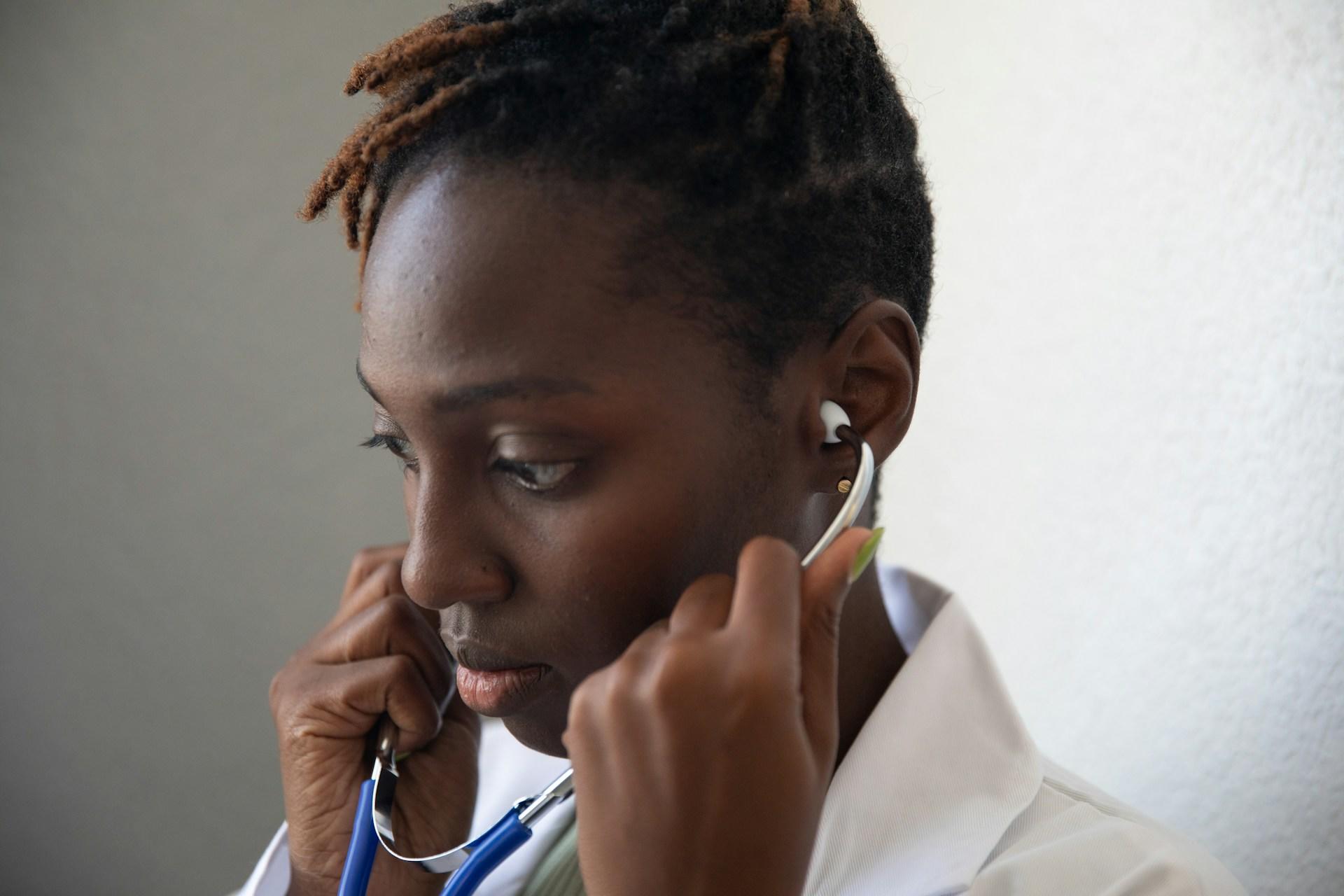
Membership of the Irish College of General Practitioners (MICGP)
The Membership of the Irish College of General Practitioners (MICGP) exams include written papers, clinical exams, and Objective Structured Clinical Examinations (OSCEs).
Once a candidate has completed the specialised training and these exams, they'll be granted the MICGP qualification required to practice independently as a GP in Ireland.
Different specialisations like dermatology and surgery have different requirements and training.
Establishing a GP Practice
Once a GP has their MICGP, they can either set up their own practice or join an existing GP practice as an associate or partner.
Like other doctors, GPs are required to complete Continuous Professional Development (CPD) activities regularly. CPD activities mean that GPs are trained in the latest and most effective approaches to medicine. CPD is an essential part of remaining registered with the Medical Council of Ireland, and every medical professional is required to do it.
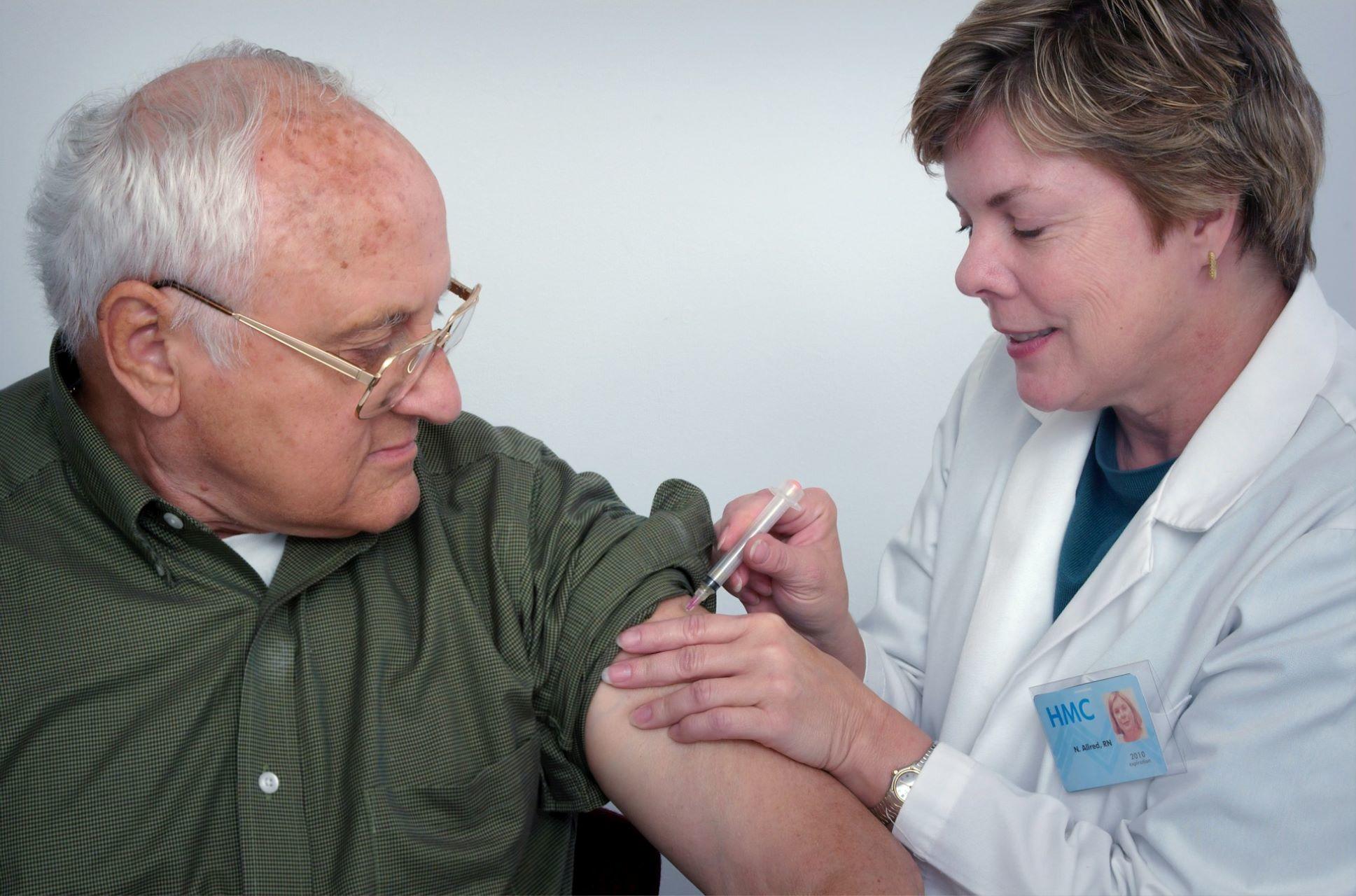
How Long Does it Take to Become a GP in Ireland?
As you can see, becoming a GP involves a lot, so don't expect to become one overnight.
The typical timeframe for becoming a GP, starting with secondary school and your Leaving Cert, looks like this.
- Leaving Certificate + HPAT (2 years)
- Medical School (5-6 years)
- Internship (1 year)
- GP Training Program (4 years)
- Independent GP Practice
Other Routes to Becoming a GP
So far, we've only examined the undergraduate pathway to becoming a GP, which involves going from secondary education in Ireland to medical school.
Remember that there are also graduate options and international applicants who mightn't have completed the Irish Leaving Cert.

Graduate Entry
Graduate Entry into medicine is when a student has already completed their undergraduate degree in a subject other than medicine.
Generally, subjects related to medicine are preferred for graduate entry. Still, there are options to go from any undergraduate degree into medicine.
It's common for graduate entry students to have specific classes and course content to integrate them into an undergraduate medical degree.
This means that graduate entry usually involves fewer years of study than undergraduate entry, as the applicant has already likely spent four years studying their other undergraduate degree.
In addition to a Bachelor's degree, graduate entry also requires completing the Graduate Medical School Admissions Test (GAMSAT), the graduate equivalent to the HPAT.
International Students
In most cases, qualifications from secondary education worldwide can be equated to the Leaving Cert, and Irish universities will detail the required grades from educational systems worldwide.
Additionally, for students whose mother tongue isn't English, there's typically an English language requirement for medical school in Ireland, which is taught in the language.
If you're an international student, check the English language requirements before applying.
Get Help Studying Medicine with a Private Tutor
Becoming a GP is challenging, so if you need any help studying medicine or general, a private tutor can help.
Whether it's all the science and maths involved in medicine, aptitude tests like the GAMSAT and HPAT, medicine itself, or study skills in general, you should consider working with a private tutor.
On the Superprof website, tutors are available for almost every subject and skill you can think of. You need to search for what you want and where you'd like to learn it. Even if you can't find any local tutors to help you, you can always search for online tutors worldwide thanks to online tutoring over videoconferencing software like Skype, Zoom, or FaceTime.
Typically, online tutors are cheaper than face-to-face tutors since they don't have to travel and can schedule more sessions each week. Still, face-to-face tutors offer a more cost-effective solution for more hands-on subjects.
Many of the tutors on the Superprof site also offer the first session free. You can always try a combination of face-to-face and online tutors first to see which you prefer.
Search for "medicine" or anything else you'd like to learn on Superprof today!
Summarise with AI:

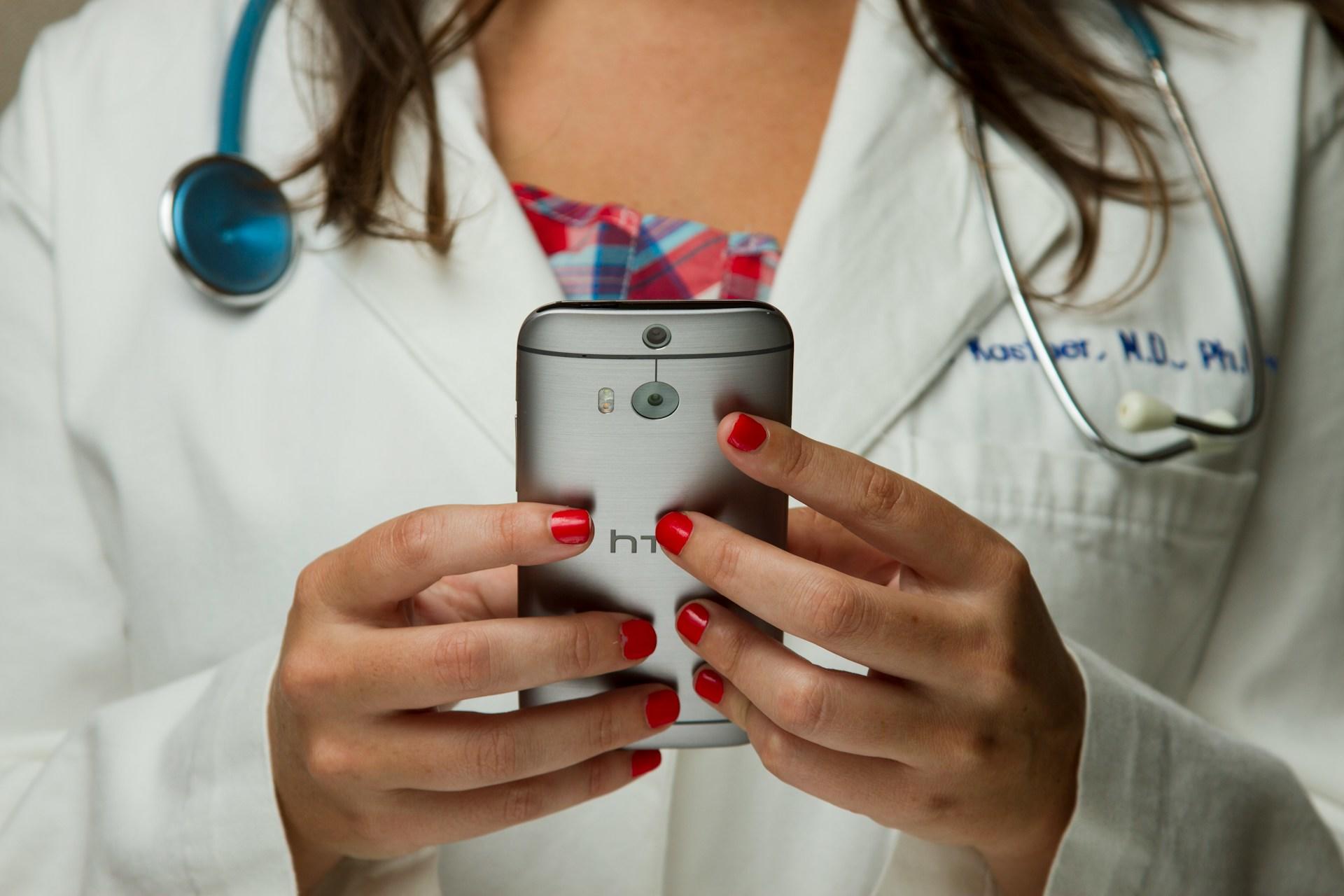












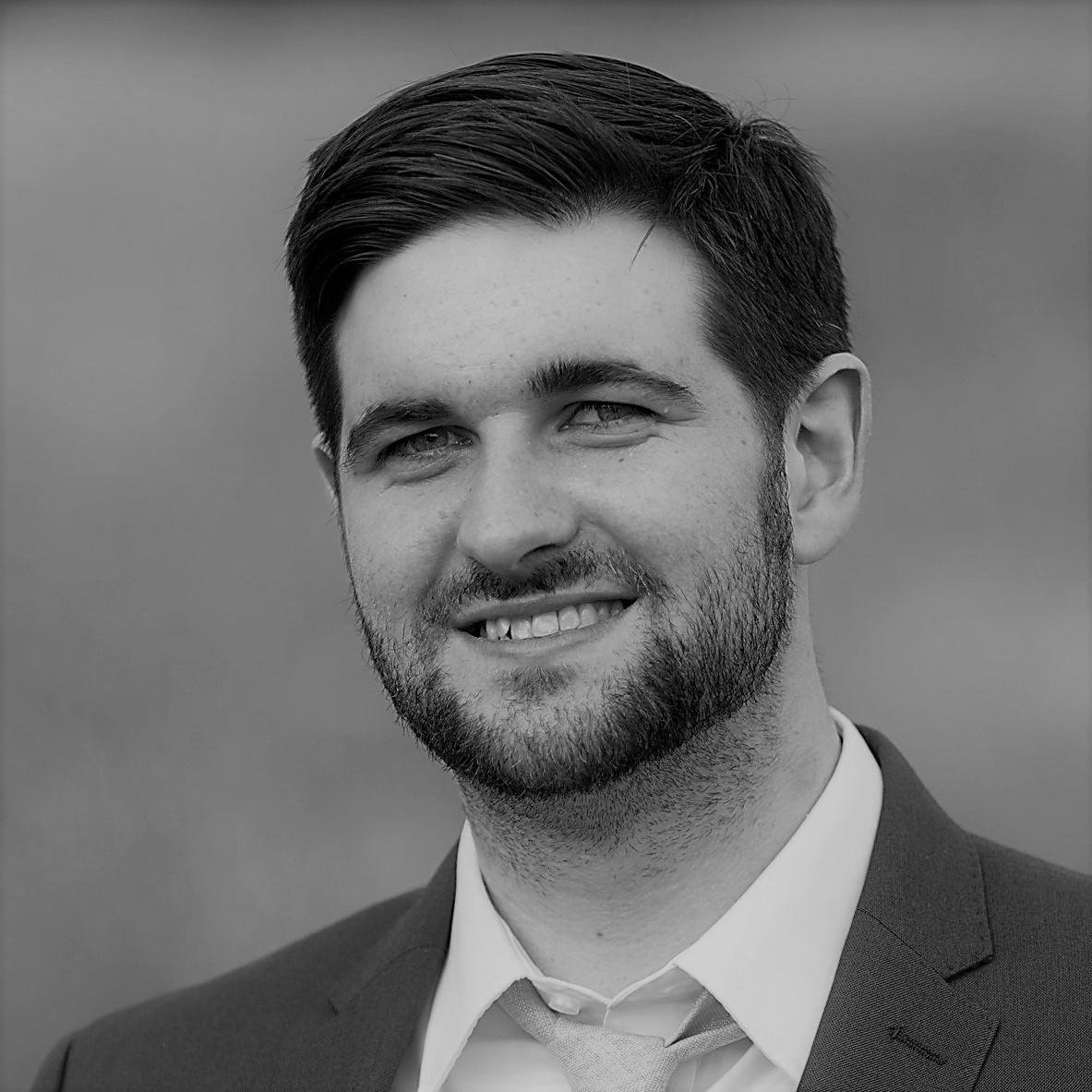
Very helpful and detailed.
Everything I needed to know. Thank you!